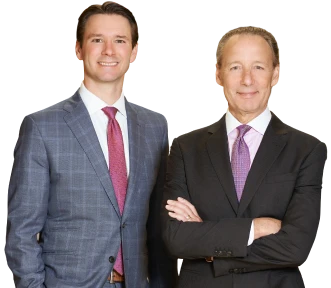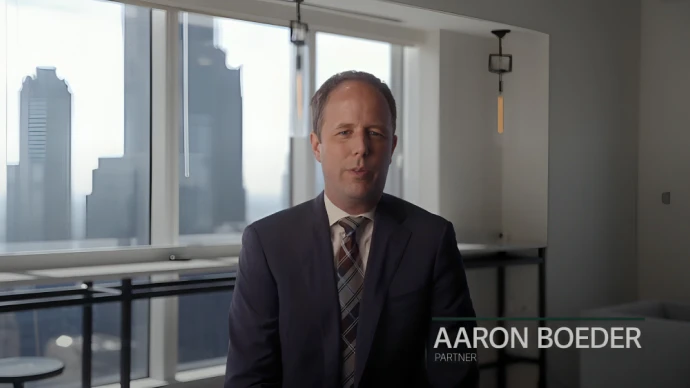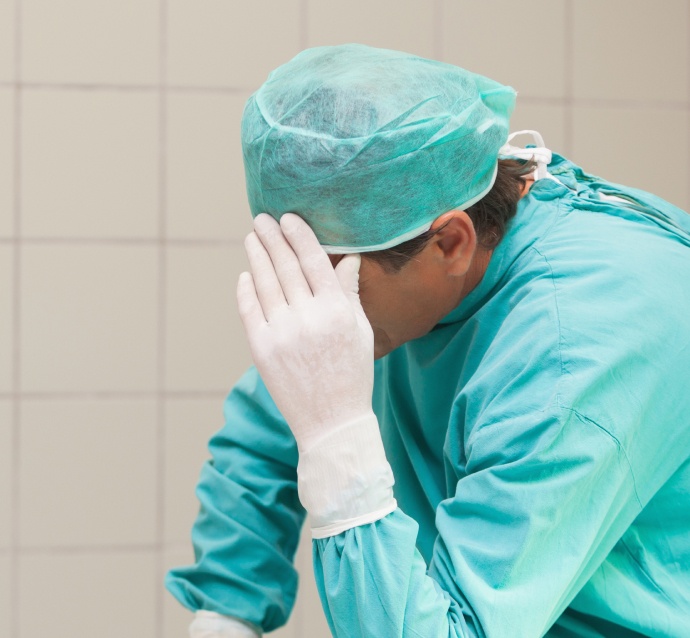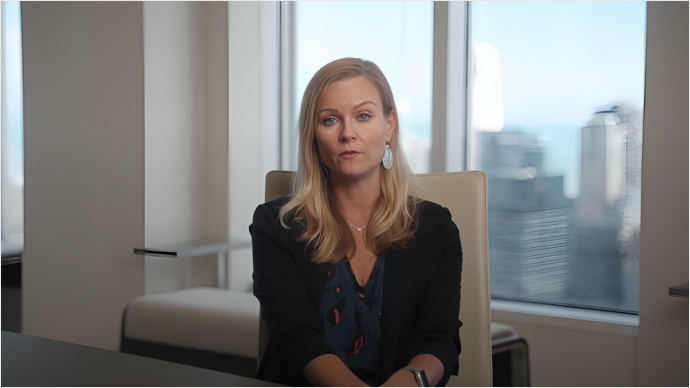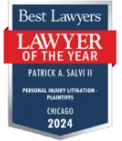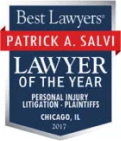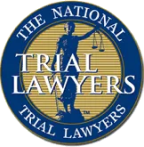Chicago Medical Malpractice Lawyer
Every day, people trust doctors with their lives. That’s a reasonable assumption – Physicians and other healthcare professionals have a sworn duty to provide safe, ethical and accurate medical treatment to their patients. But that doesn’t always happen. As many as 250,000 people in America are the victims of medical malpractice every year.
You trusted a professional with your health or your loved one’s health. However, something went terribly wrong.
As a result, your condition may have worsened, or a loved one may have died. You deserve answers.
The Chicago malpractice attorneys of Salvi, Schostok & Pritchard P.C. are here to help. We have decades of experience with assisting medical negligence victims and their families in Chicago, Waukegan and throughout Illinois.
We know that medical malpractice brings pain and confusion into the lives of victims and their families as well as many financial burdens. We provide compassionate and professional service and pursue compensation that will help our clients to move past the challenges they are facing.
Contact our Chicago medical malpractice lawyers by phone or reach us through our online form. We can provide an immediate, free and confidential consultation and start work on your case today.
